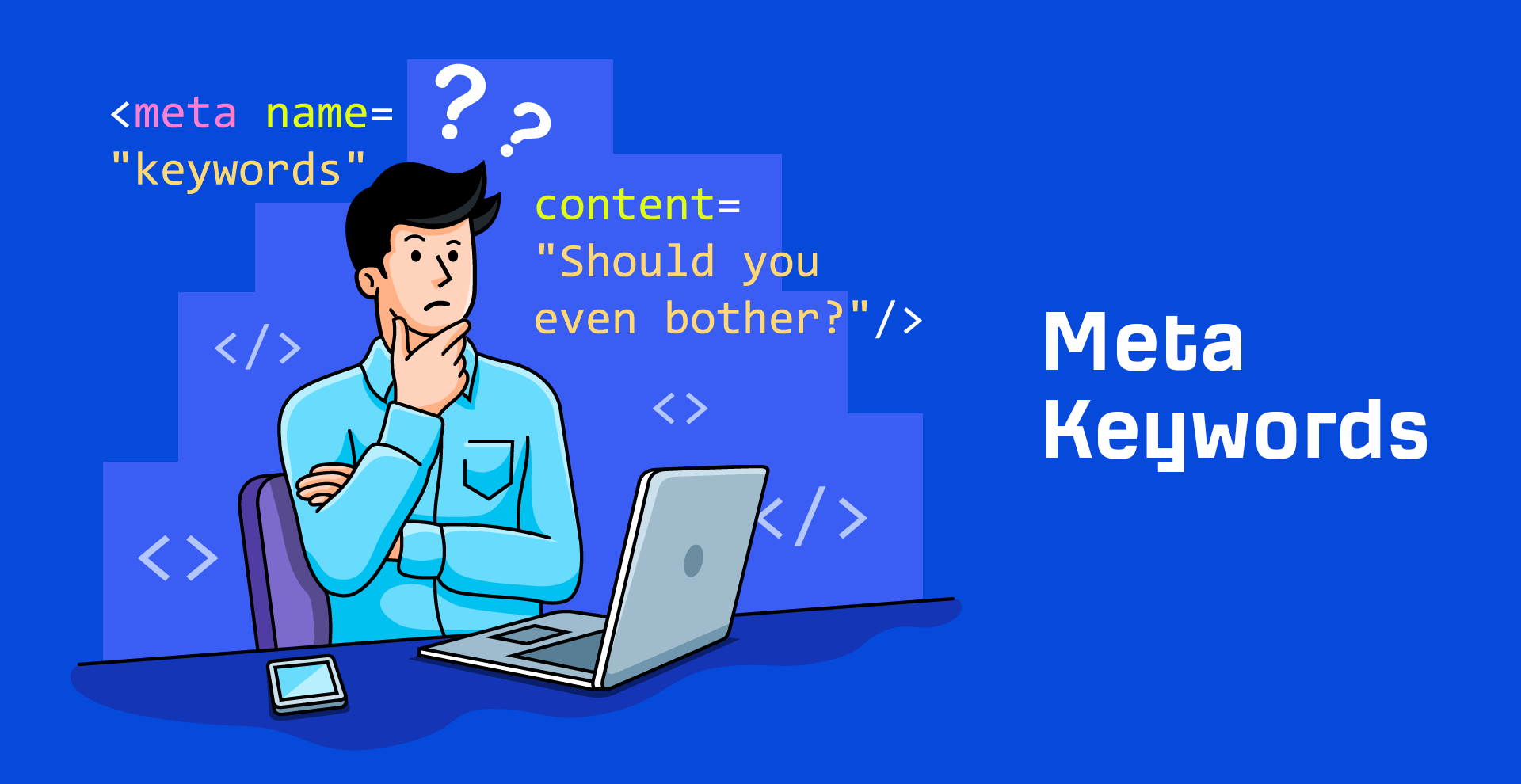In the world of search engine optimization (SEO), meta keywords and descriptions have long been a topic of debate and confusion among website owners and digital marketers. While the role of meta tags in SEO has evolved over the years, they still play a vital part in helping search engines understand the content and context of a web page. In this blog post, we will delve into the importance of meta keywords and descriptions for SEO and provide best practices for optimizing them to improve your website’s visibility and ranking in search results.
Understanding Meta Keywords and Description: Meta keywords and descriptions are HTML tags that provide information about the content of a web page to search engines. While meta keywords are a list of relevant terms or phrases that describe the page’s content, meta descriptions are brief summaries that appear in search engine results to entice users to click through to the page. While search engines like Google have stated that they do not use meta keywords as a ranking factor, meta descriptions still play a crucial role in influencing click-through rates and user engagement.
Best Practices for Optimizing Meta Keywords and Description:
- Relevant and Targeted Keywords: While meta keywords may not directly impact SEO rankings, they can still be valuable for providing context to search engines about the content of your page. Choose relevant and targeted keywords that accurately reflect the topic of your page to help search engines understand its relevance to user queries.
- Compelling Meta Descriptions: Meta descriptions are your opportunity to entice users to click on your search result. Craft compelling and concise descriptions that accurately summarize the content of your page while also appealing to users’ curiosity and interests. Including a call-to-action or highlighting unique selling points can help improve click-through rates.
- Keyword Placement and Density: When including keywords in your meta tags, ensure that they are naturally integrated and do not appear spammy. Avoid keyword stuffing, as this can harm your SEO efforts. Instead, focus on using keywords in a way that enhances the readability and relevance of your meta tags.
- Length and Formatting: Keep your meta descriptions within the recommended length limit to ensure that they display properly in search engine results. Aim for around 150-160 characters to convey your message effectively. Additionally, use formatting elements like bullet points or symbols to make your meta descriptions stand out and attract attention.
- Regular Monitoring and Updates: SEO is an ongoing process, and it is essential to regularly monitor and update your meta keywords and descriptions based on changes in your content or keyword strategy. Stay informed about industry trends and search engine updates to ensure that your meta tags remain optimized for maximum impact.
While the role of meta keywords in SEO may have diminished over time, meta descriptions continue to be a valuable asset for improving click-through rates and enhancing user engagement. By following best practices for optimizing your meta keywords and descriptions, you can improve the visibility and performance of your website in search engine results. Remember that SEO is a dynamic field, and staying informed about the latest trends and updates is key to maintaining your competitive edge in the online landscape.

